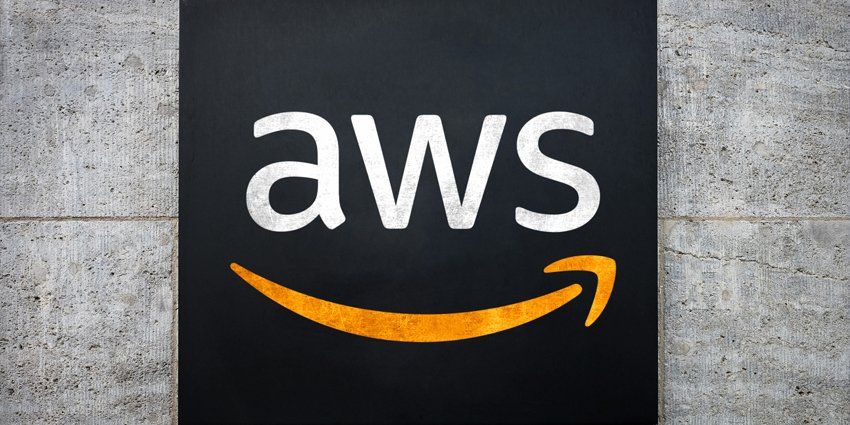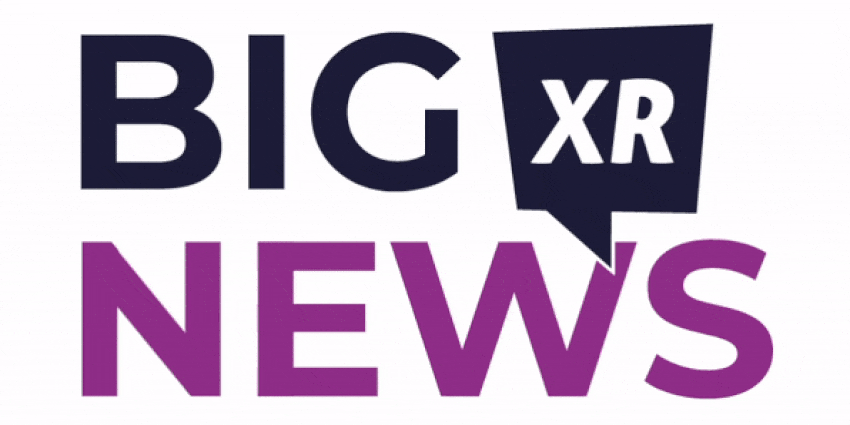[ad_1]
Nokia Bell Labs announced on Wednesday a novel natural language processing (NLP) solution for configuring networks using artificial intelligence (AI) and machine learning (ML).
Developed by Nokia Bell Labs’ UNEXT research initiative, the company’s Natural-Language Network is completely tranform how networks operate. This is crucial as the Espoo, Finland-based firm scales up its network infrastructure amid the rise of the industrial metaverse.
The company revealed the new digital tools at the Brooklyn 6G Summit in New York, NY, which taking place from 31 Oct to 2 November.
At the event, it stated the new NLP solution can configure networks using prompts and speech. It will also understand user intentions and operate autonomously using its AI neural networking.
Nokia AI Researchers Develops NLP for the Telecom
Using Natural-Language Networks, Nokia can streamline network management with AI, moving away from complex setups to more agile, responsive systems to serve the end user.
Artificial intelligence will power the networks, allowing service providers to maintain their operations with rapid configuration capabilities. These intelligent systems will also monitor and learn from previous prompts, reponses, and other data to optimise networks after each successful request, the company explained.
We’re excited to announce our @BellLabs industry-first breakthrough research Natural Language Networks at Brooklyn 6G Summit!
Read more about how we’re leveraging #AI to operate networks through speech or text prompts here: https://t.co/DUsmuWsT2E#B6GS #6G #AI #ML pic.twitter.com/0dqN3tJb1W
— Nokia (@nokia) November 1, 2023
As the networking tool builds its neural networks across the infrastructure, it can operate without human intervention.
Csaba Vulkan, Network Systems Automation Research Leader, Nokia Bell Labs, said in a statement,
“Operators won’t need to explore technical catalogues or complex API descriptions when they configure networks. Instead, a simple statement like ‘Optimize the network at X location for Y service’ will work. Those requests could be used to configure a wireless network in a factory for robot automation or optimize networks at a concert for a barrage of social media uploads”
Thank You, Who’s UNEXT?
Nokia Bell Labs created the UNEXT research initiative to support the company’s efforts to innovate its network infrastructure. This has become a key focus of the company as it focuses on the industrial metaverse, which is currently digitally transforming global enterprises with massive results.
According to the company, UNEXT draws inspiration from UNIX, the groundbreaking operating system (OS) Bell Labs invented in the 1960s with the Massachusetts Institute of Technology (MIT) and General Electric (GE).
The firm said in a press release that “UNEXT will redefine network software and systems the same way UNIX reshaped computing.”
It aims to achieve this by integrating a host of processes in the telecoms network, effectively evolving the network into an operating system.
Azimeh Sefidcon, Head of Network Systems and Security Research, Nokia Bell Labs, added,
“Natural-Language Networks offer a sneak peek into one of the many capabilities of UNEXT. Reducing the complexity of network management fits squarely with UNEXT’s goal of extending the reach of networked systems by breaking down barriers that prevent those systems from interoperating”
AI to Become Central to Next-Gen Networks
The announcement comes at a critical time where Nokia aims to scale-up its network capacities amid a massive surge in network demand. Many of the world’s tech innovations are now forcing telecoms to rethink their strategies in infrastructural development and solutions as the former puts exponential pressure on 4G and 5G networks.
Unprecedented demand for telecoms bandwidth, speed, and reliability have not only come from consumers and their handheld devices like smartphone and tablets, but also a growing need for low-latency, high-bandwidth, and high speed networks to facilitate immersive tools.
Recent global innovations in virtual, augmented, and mixed reality at the consumer, enterprise, and industrial level, are expected to place enormous pressure on telecoms infrastructure leading up to 2030 and beyond.
Thomas Hainzel, Head of Digital Industries Evolution & Partnerships, Nokia, explained to XR Today the challenges that Nokia faces amid the rise of multiple network-intensive metaverses in Industry 4.0.
Nokia is currently developing tools across the technology stack like the Internet of Things, AI, and cloud and edge computing, to secure network integrity and meet sustainability pledges amid future environmental challenges.
World Leaders Focus on AI Safety
However, as companies innovate their offerings with AI, governments are developing their roles in ensuring the safety of their respective citizens, at the national and global level.
Nokia’s solution comes just days after United States President Joe Biden signed the Executive Order on Safe, Secure, and Trustworthy Artificial Intelligence.
Today, President Biden issued a landmark Executive Order to ensure that America leads the way toward responsible AI innovation.
It’s the most significant action any government in the world has ever taken on AI. pic.twitter.com/cMjJQ19KXO
— The White House (@WhiteHouse) October 30, 2023
With the US President signing the order, new rules will enter force to boost compliance among some of the world’s top AI experts and enterprises.
For example, the executive order requires “developers of the most powerful AI system” share safety test results and other key data with the US government. This will coincide with the Defence Production Act, adding,
“[…] the Order will require that companies developing any foundation model that poses a serious risk to national security, national economic security, or national public health and safety must notify the federal government when training the model, and must share the results of all red-team safety tests. These measures will ensure AI systems are safe, secure, and trustworthy before companies make them public”
Working with the National Institute of Standards and Technology (NIST), the order will also oblige companies to “develop standards, tools, and tests to help ensure that AI systems are safe, secure, and trustworthy.
Furthermore, the Department of Homeland Security (DHS) has established an AI Safety and Security Board to “address AI systems, threats to critical infrastructure, as well as chemical, biological, radiological, nuclear, and cybersecurity risks.”
It will also ensure that organisations and enteprises developing AI solutions protect the privacy of US citizens.
UK Hosts AI Security Summit
Furthermore, the United Kingdom is currently hosting its AI Security Summit at Bletchley Park in Buckinghamshire, England. The location, renowned for its technological breakthroughs in computer science and World War II Enigma codebreaking skills, will host the event to outline measurs for protecting global safety in AI.
Numerous global governments, AI firms, organisations, and experts gathered for the event to discuss how to coordinate actions on mitigating AI risks.
Day 1 of the #AISafetySummit sees world leaders, industry voices & civil society representatives come together to discuss how to mitigate the risks of Frontier AI.
Through international collaboration with experts & academia, we will be able to safely harness the power of AI. pic.twitter.com/0yP8iRDgxE
— Department for Science, Innovation and Technology (@SciTechgovuk) November 1, 2023
Global leaders attending the event will include US Vice-President Kamala Harris, Chinese Tech Vice-Minister Wu Zhaohui, European Commission President Ursula von der Leyen, and United Nations Secretary-General Antonio Guterres, among many others.
Some of the world’s biggest firms will also attend, including OpenAI creator Sam Altman, Tesla, SpaceX, Neuralink Chief Executive and OpenAI Co-Founder Elon Musk, Google Deepmind Chief Executive Demis Hassabis, as well as executives from Alibaba and Tencent.
Members of the Alan Turing Institute and the Future of Life Institute will also join the event.
Through their efforts, the Summit aims to create,
- shared understanding on the risks from frontier AI
- processes for global collaboration on frontier AI safety and the means to support national and international frameworks for best practices
- appropriate measures on which organisations should use in boosting AI safety
- further collaboration on AI safety research
- developing best practices and ensuring the safe development of AI
Finally, the UK government has become one of the first governments in the world to develop an Office for Artificial Intelligence. With it, Downing Street aims to lead in global AI governance while developing best practices.
[ad_2]




